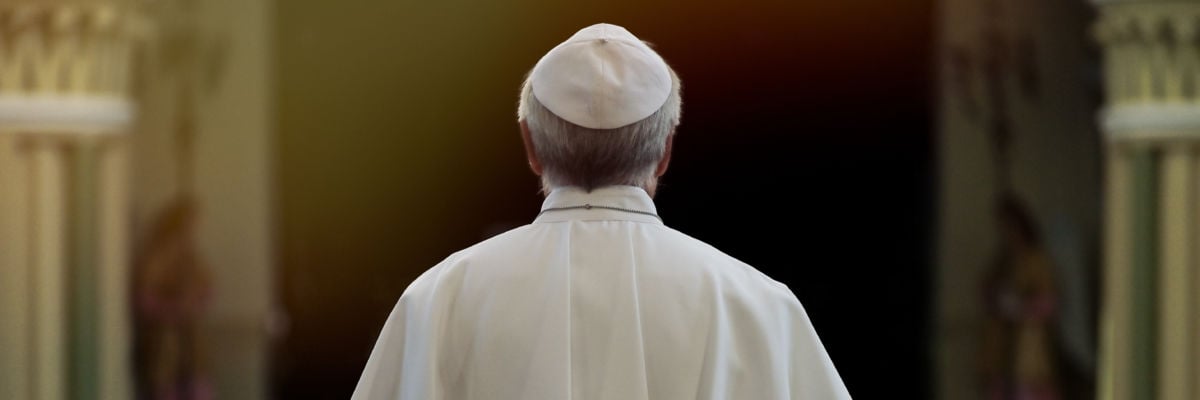
DAY 145
CHALLENGE
“Some popes in history have been very bad. They could not be the leaders of God’s people, therefore the papacy is false.”
DEFENSE
All Church leaders are sinful to one degree or another, but the sinfulness of a particular leader says nothing about whether or not the office he occupies was instituted by God.
This argument runs the risk of proving too much. If being a sinner prevented you from being a leader, then every Christian community would be leaderless. Yet God insituted leaders in the Church (1 Cor. 12:28; Eph. 4:11–12; 1 Thess. 5:12–13; Heb. 13:17).
Sinfulness doesn’t mean a man does not occupy a divinely instituted office. A striking illustration is the high priest Caiaphas. John records that, when the authorities were plotting the death of Jesus, some were concerned that if Jesus were not stopped, he would lead a revolt and the Romans would then destroy the Jewish temple and nation.
John then reports: “But one of them, Caiaphas, who was high priest that year, said to them, ‘You know nothing at all; you do not understand that it is expedient for you that one man should die for the people, and that the whole nation should not perish.’”
Then John says: “He did not say this of his own accord, but being high priest that year he prophesied that Jesus should die for the nation, and not for the nation only, but to gather into one the children of God who are scattered abroad” (John 11:47–52).
He thus recognizes Caiaphas as unwittingly prophesying about the death of the Messiah because he was “high priest that year.” It’s even more remarkable that Caiaphas did this in the act of plotting the Messiah’s death, which is about as wicked as you can get.
Caiaphas’s sin did not mean that he wasn’t high priest or that the high priesthood wasn’t established by God. It just meant he was a sinner. Similarly, the sins of popes and other Christian leaders do not mean that they don’t legitimately hold their offices or that their offices weren’t established by God.
TIP
Peter even denied the Faith—saying that he wasn’t a disciple of Jesus (John 18:17, 25)—yet Jesus confirmed him in his office (John 21: 15–17), and he went on to pen two inspired epistles: 1 and 2 Peter.



